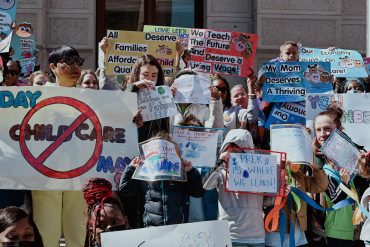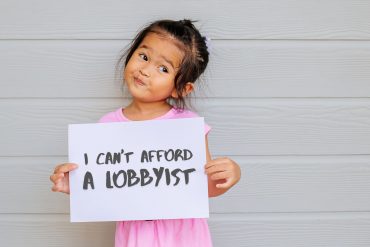Amid major union actions in the auto and entertainment industries and a historic looming strike by health care workers, I want to talk about the role of unions in child care.
Latest
Elliot’s Provocations
Elliot’s Provocations unpacks current events in the early learning world and explores how we can chart a path to a future where all children can flourish. Regarding the title, if you’re not steeped in early childhood education (ECE) lingo, a “provocation” is the field’s term—taken from the Reggio-Emilia philosophy of early education—for offering someone the opportunity to engage with an idea.
We hope this monthly column does that: provocations are certainly not answers, but we hope Elliot’s Provocations helps you pause and consider concepts in a different way.














